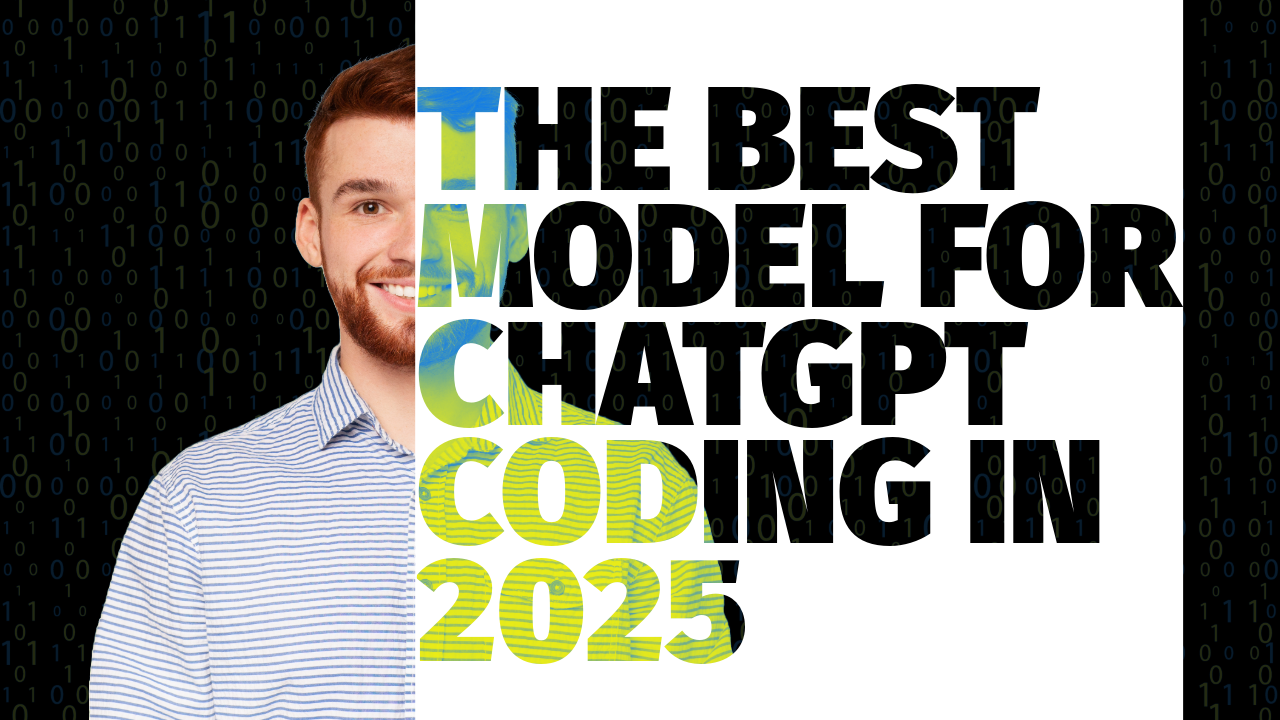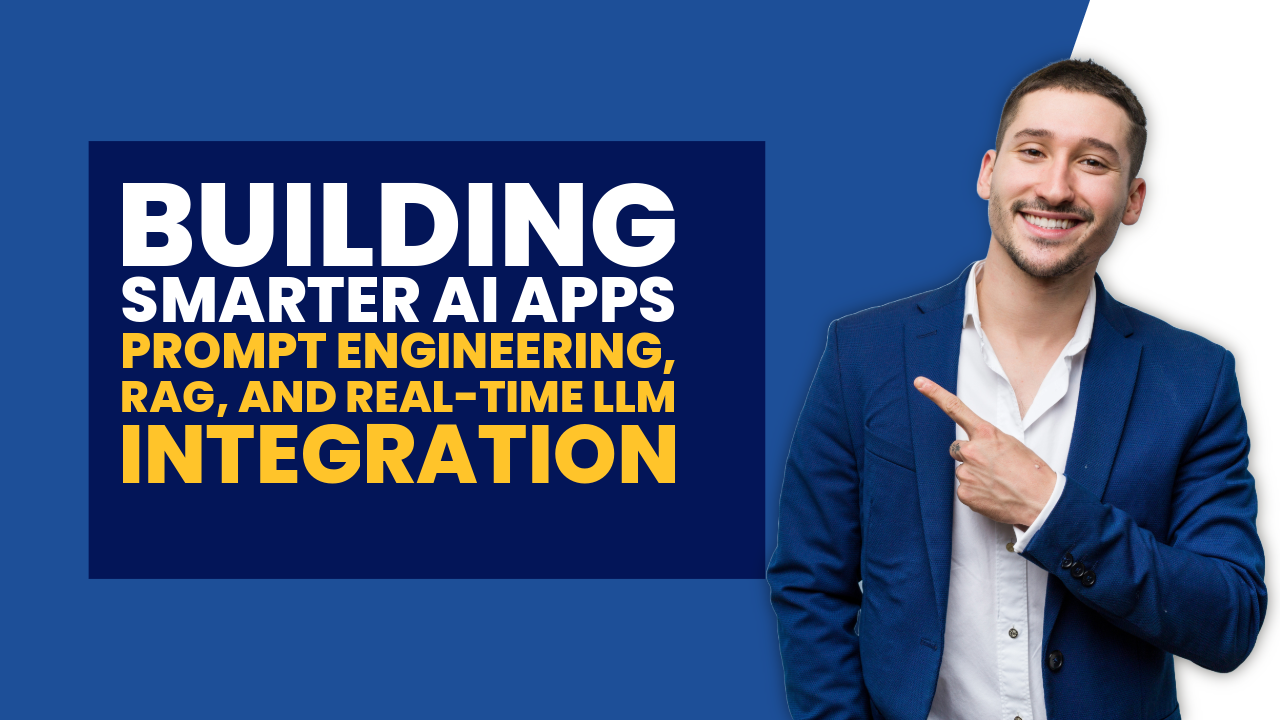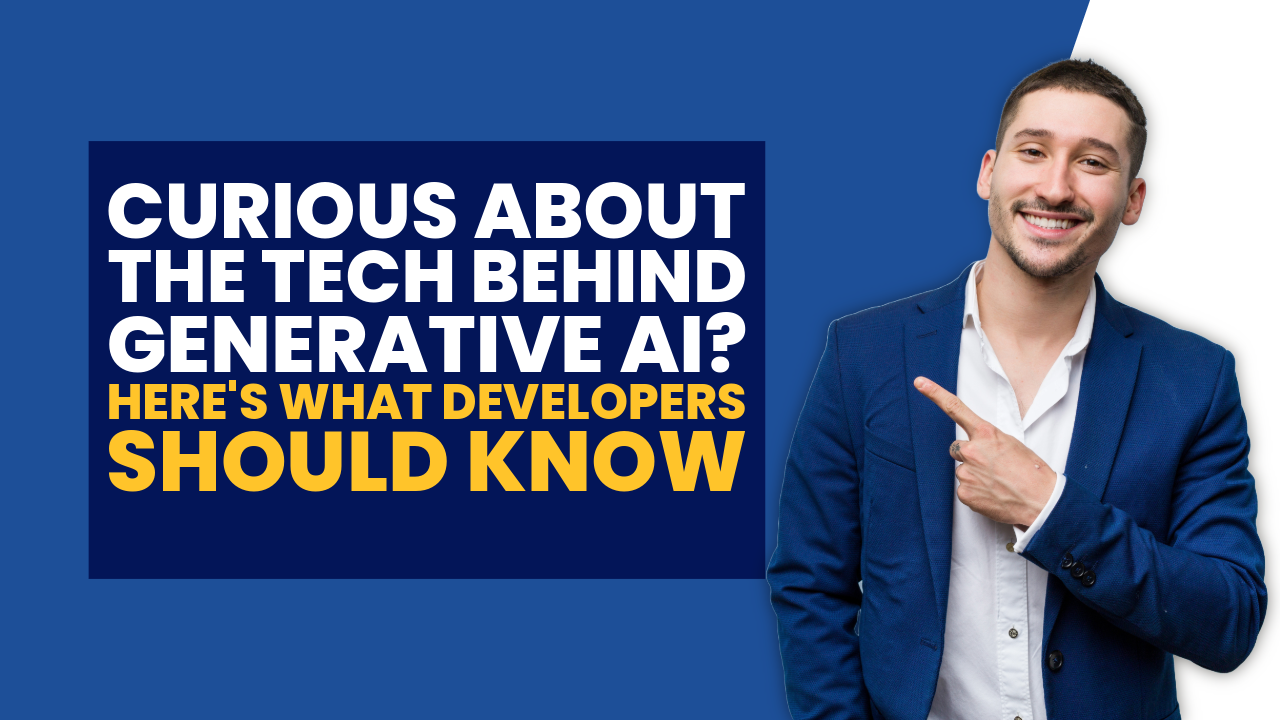Introduction
We are living in a world where Artificial Intelligence (AI) is changing everything. In the past, it was possible to create real-looking fake photos using Photoshop, but it took hours of tedious work. Now, this can be done in a matter of seconds using AI. All it takes is a click of a button to bring a smile to your face. Your hair will become shorter or longer with one click. AI can even change your face. AI produces very real-looking fake photos. It is even possible to expand your photos beyond the borders. Using AI, you can create a painting or animation in two seconds. For TV shows and movies, companies like Marvel use AI to create animations. According to Amazon, AI will be used to write books and then sell them on their site. AI is already capable of things that are unimaginable. As a virtual assistant, AI can reply to your emails, write your emails, help you with your studies, help you with your work, and give you health advice. There are endless possibilities.
Rapid AI developments
An unprecedented global revolution is taking place. There will be a profound impact of Artificial Intelligence on everything. Changes are coming to the job market. We are going to see a change in how we study in schools and colleges. We are going to see a change in the political system. We are going to see changes in military warfare. Elon Musk said that artificial intelligence is far more dangerous than nuclear weapons. Machines pose a threat to everyone. Artificial intelligence development has been occurring rapidly for 5-7 years now. However, when ChatGPT version 3.5 was made publicly available in November 2022, people noticed it for the first time. ChatGPT is an artificial intelligence software that uses a Large Language Model, or LLM, to process text. It has the advantage of being able to imitate the way humans speak very well. Like humans talk to each other, this machine has been trained to talk to us. With rapid growth, ChatGPT became the world’s fastest growing online service.
Beyond ChatGPT, more developments
ChatGPT generates answers that seem like they are coming from a human. No matter what factual questions you ask, what grammar questions you ask, or even what formal letters you ask. It’s amazing how accurate this is. Because this technology was so revolutionary, big companies launched their own AI chatbots in desperation. Google launched its Google Bard in response to ChatGPT. While OpenAI and Microsoft are in a partnership, Microsoft launched Bing AI. Snapchat has launched its MyAI feature. Quora, Duolingo, and many other companies have already incorporated artificial intelligence into their systems or have announced they will do so soon. When this technology is so promising, why do influential people like Elon Musk argue that we should slow down AI development? Musk and hundreds of influential people call for a pause in experimentation, including Steve Wozniak, Apple’s founder. Musk says AI poses dramatic risks to society if not properly supervised. He believes that AI safety needs to be regulated, simply because it poses a greater risk to society than cars, planes, or medicine.
Threats on the jobs
The first danger is related to jobs. Many people are afraid that AI will take their jobs away if it offers so much and performs so well. Technology has always had an impact on the job market whenever it was introduced in history. Landline telephone operators lost all their jobs when smartphones were introduced. The jobs of people who drove horse carriages were almost eliminated when cars arrived. After ATMs were introduced, demand for bank tellers, who handled cash transactions, declined dramatically. Additionally, booking clerks have lost their jobs since online websites emerged. Assembly line workers lost their jobs because of the advent of industrial robots. Artificial Intelligence, however, poses a much greater danger than all these technologies combined. AI technology will not be limited to one sector. Every field will be affected by it. The jobs of creative people are at risk for the first time in history. In the past, people believed that the most repetitive, mechanical jobs would go first as technology improved. There was no expectation that creative jobs such as graphic designers could also disappear. It may be difficult to keep logo designers and musicians employed. The use of artificial intelligence to create graphics and logos in minutes can be achieved using software like Midjourney and Stable Diffusion.
World Economic Forum’s report on jobs loss and gain
According to the World Economic Forum’s Future of Jobs Report 2020, 85 million jobs will be lost worldwide by 2025 because of AI. Nonetheless, the same report claims 97 million new jobs will be created with AI in this timeframe. This is why it is often said that “AI does not kill jobs, it kills job categories.” You might ask, what will be the emerging jobs? Almost all the new jobs here will require Artificial Intelligence skills. Graphic designers may lose their jobs if they no longer need to produce logos, for example. In contrast, we’ll need someone to instruct AI how to make logos. It will still be necessary for a human to tell AI what to include in the logo. This is why there is another saying here, “AI will not take your job, but someone who knows how to use Artificial Intelligence will.” We must adapt to this new world as quickly as possible. The knowledge of AI is essential if you want a job. A basic understanding of computers is required if you want a job today. Are our schools and colleges able to train our students on time? Our education system will be the next big beneficiary of Artificial Intelligence after the job market.
When ChatGPT became popular initially, the very first use case for students was cheating on homework. The articles illustrate how ChatGPT has been used to complete school assignments around the world. The use of ChatGPT in this way, in my opinion, is incredibly stupid. A student should understand that while cheating on homework assignments may be acceptable in the short term, if you want to succeed in life you must learn to use the skills you are expected to learn. In the education system, AIs such as ChatGPT can be used in a variety of ways. The Japanese government has already started acting. Japanese school officials have published guidelines on how to use artificial intelligence and how not to. Teachers can use it to reduce their workload. Students can use it to better understand concepts. It can be used to verify facts and learn English. Nevertheless, Japan says it is forbidden to use it for cheating. It is very important to recognize that AI is a tool that can be used both positively and negatively.
Political propaganda
There is a great danger in AI being used in politics. Machine Learning was used by Facebook Cambridge Analytica Data Scandal in 2016, when AI had not yet reached its current level. A large amount of Facebook data was used, as well as Machine Learning, a field within Artificial Intelligence, to target different voters with different messages. To judge what kind of things people would like, they were asked what they liked and disliked. These were the two biggest examples of AI in politics in 2016, with Donald Trump winning the US Presidential election and the Brexit vote in the UK. Here is an example of Brexit’s political propaganda. Facebook data was collected and divided into segments. There were some people who were very concerned about immigrants, so they were shown anti immigrant’s ads. The UK can save £933 if it leaves the European Union. Instead of showing all the ads to everyone, personalized ads were shown after data was analysed through machine learning. Therefore, 51.9% of the people voted for Brexit on voting day. But this was merely a small example. Now that artificial intelligence has developed so much, it can be used in even more dangerous ways.
Scams & frauds using AI technology
As a result of ChatGPT, scamming and fraud have become more common. Previously, these Nigerian Prince scams were sent via E-Mail. Due to the poor grammar used in these emails, you could easily identify them as scams. These scam emails contained a lot of grammatical errors. When AI writes these scam emails, it will be nearly impossible to find even one mistake. The most common scam involving AI has been voice-based. Artificial intelligence allows them to mimic the voices of your family members and then ask for money. There is a feeling that a family member is calling you. Researchers at McAfee Lab spent two weeks researching how accessible and easy-to-use voice cloning tools are. They discovered that the internet is full of free voice tools. With just three seconds of audio, they can create a cloned voice that is 85% accurate to the original. AI can also replicate accents, according to researchers. If you have an Indian accent, a UK accent, or an American accent, it is no problem. According to their study, 83% of the Indian victims of AI voice scams have lost their money.
Several unethical businesses will also use these AIs to fool you besides direct frauds and scams. For example, the tricks and techniques used by gambling apps to make you addicted. The world is going to be drastically changed by Artificial Intelligence in the future. Boston Dynamics, for instance, has already made robots that move, run, and jump like humans. Their latest robot, Atlas, can interact with objects around it. It can pick up and holding wood by itself. Besides going over it, it can help the human worker on top.
A silver of hope
There is a glimmer of hope here – artificial intelligence can also be used for good. Artificial intelligence can be used to combat propaganda and fake news. How? It will only take time to find out. In this Medium article, a line describes the whole situation very well. Many people are already using artificial intelligence for bad purposes on a large scale. The truth is that artificial intelligence can save democracy unless it destroys it first.
ChatGPT 4.0 technology is integrated to humanoid robot Ameka
It is already possible to use these robots for construction work. What will happen if these robots are integrated with technologies like ChatGPT? Because they don’t need to sleep or eat, these robots will be much more efficient than humans. Robots that look like humans are called humanoid robots. Researchers have already integrated technologies like ChatGPT with them. It’s a humanoid robot called Ameka. ChatGPT 4.0 technology is integrated into it. As a result, it can communicate with humans quite realistically. AI poses a danger in the form of Artificial General Intelligence. In the future, how will these robots fare if they become so intelligent as to be better than humans at everything they do? While it will take many years, it is worth considering the global impact it will have.
According to Israeli historian and philosopher Yuval Noah Harari, AI will be able to compose religious texts on its own. In the future, new religions will emerge because of their worshippers. There are many philosophical, ethical, and technological questions that arise here. This blog cannot cover all of them.
Conclusion
The rapid development of Artificial Intelligence (AI) in our world brings both promises and perils. The use of artificial intelligence is revolutionizing many aspects of our lives, from helping in healthcare to education. However, there are also concerns about job displacement, political manipulation, and fraudulent activities being conducted by AI. A new generation of AI-driven technologies, such as ChatGPT, and humanoid robots, like Ameka, present unprecedented challenges, including human capabilities being surpassed by AI and its societal implications. In spite of these challenges, there is hope that AI can be used for good, such as combating misinformation and improving human productivity. To ensure a future where AI serves humanity’s best interests, it is imperative to address ethical, philosophical, and societal implications.






